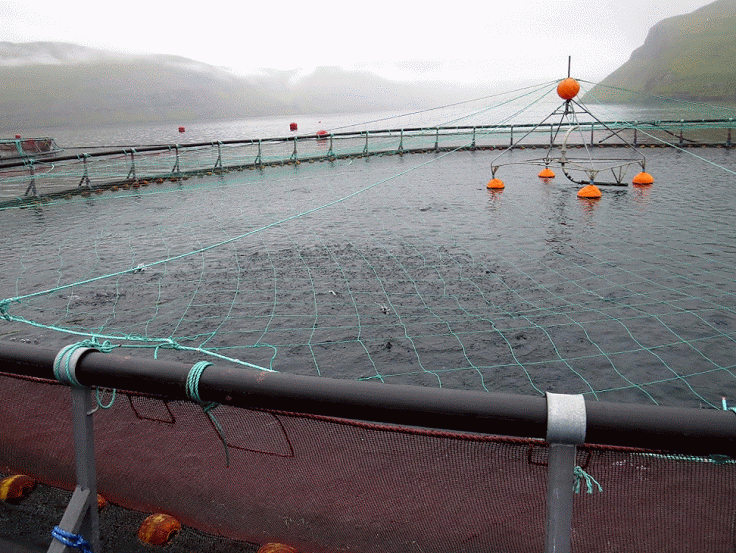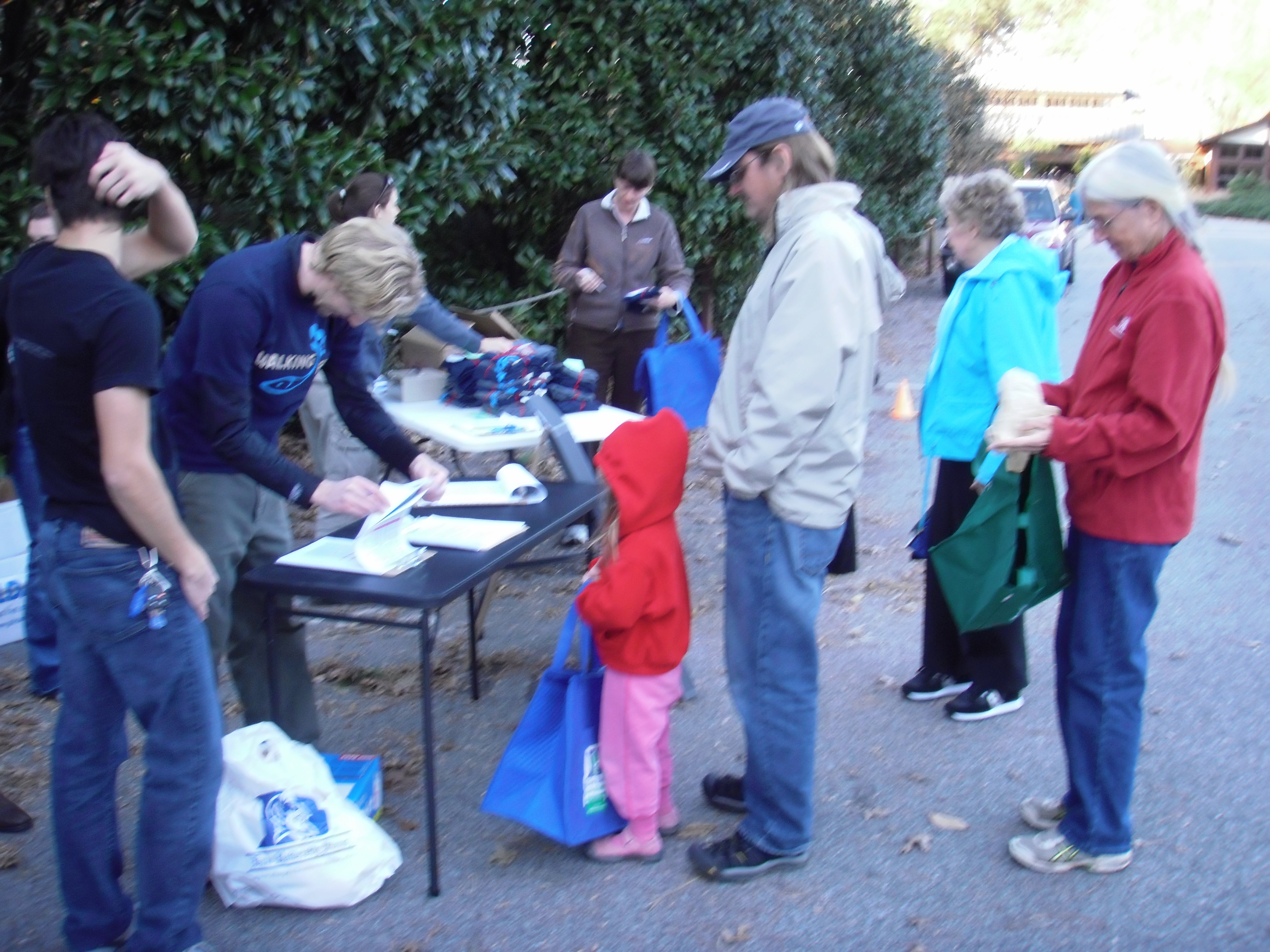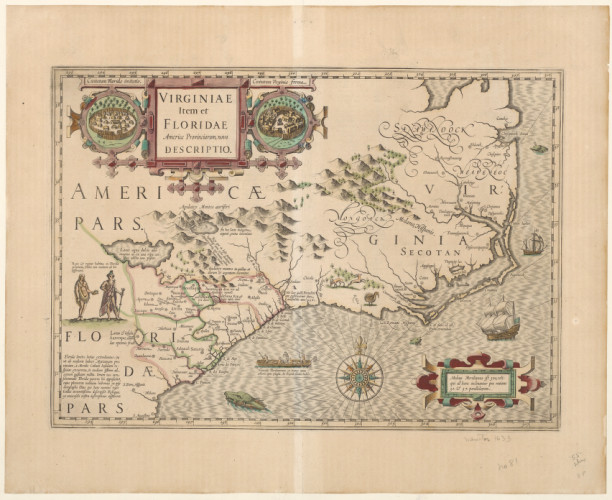Hopefully many of our faithful readers have seen the sad announcement that the NOAA lab in Beaufort, NC may be no more. The main reason cited for the potential closure is financial – the cost of maintaining an aging building. Our friends over at the fisheries blog have written a sound debunking of this reasoning, also lamenting the loss of an institution over a century old and hub of fisheries research for the mid-Atlantic. In short, the Beaufort Lab represents a strong history of productive research, recent investment into infrastructure, and a critical part of a much larger marine science community in the region. It’s fair to say that the lab is the founding member and backbone of a marine science consortium with the Rachel Carson National Estuarine Research Reserves, Duke University, NC State, the University of North Carolina, NC Division of Marine Fisheries, and Carteret Community College.
Beyond the institutions in a list, the Beaufort lab cements a broader community and economy of Carteret County, which is still largely based on fishing. While relations with the universities and state fisheries enforcement can sometimes be strained, NOAA rises above as a voice of reason and glue of collaboration around protecting our marine resources for food, economy, and society. If you believe me, there are steps you should take right now to voice your support for the lab by contacting local Congressional representation – those with the power to stop the closure: Congressman Walter Jones, Senator Kay Hagen, and Senator Richard Burr – and write a public comment to the House Committee currently reviewing the decision. For those who need a little more context and information, read on for some personal testimony demonstrating the value of the Beaufort lab I observed during my dissertation work in the area, which was focused on collaborative fisheries research. In a nutshell, I’ve observed how the Beaufort lab builds relationships between scientists and fishermen and therefore, indirectly, trust in NOAA.
Read More “Beaufort NOAA Lab Builds Community: It would be a huge loss to say goodbye” »



